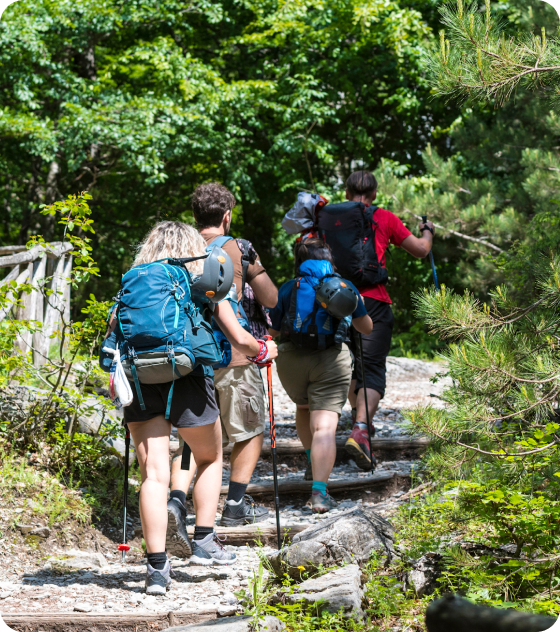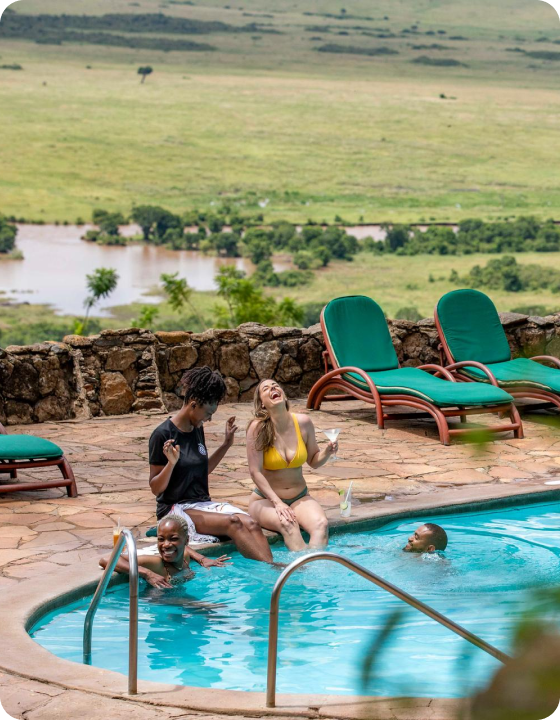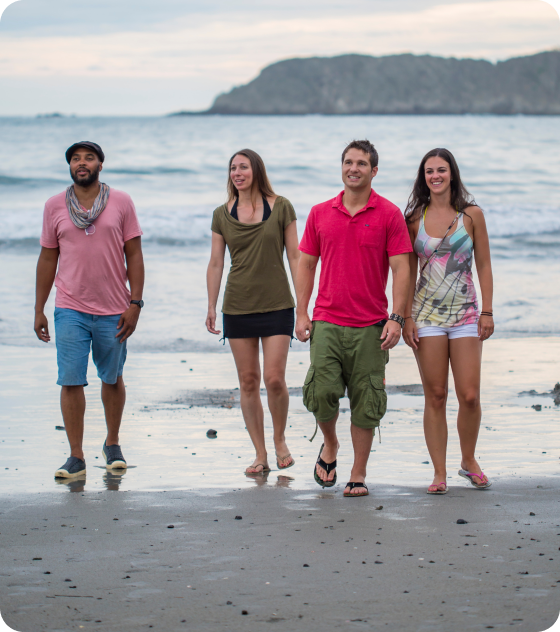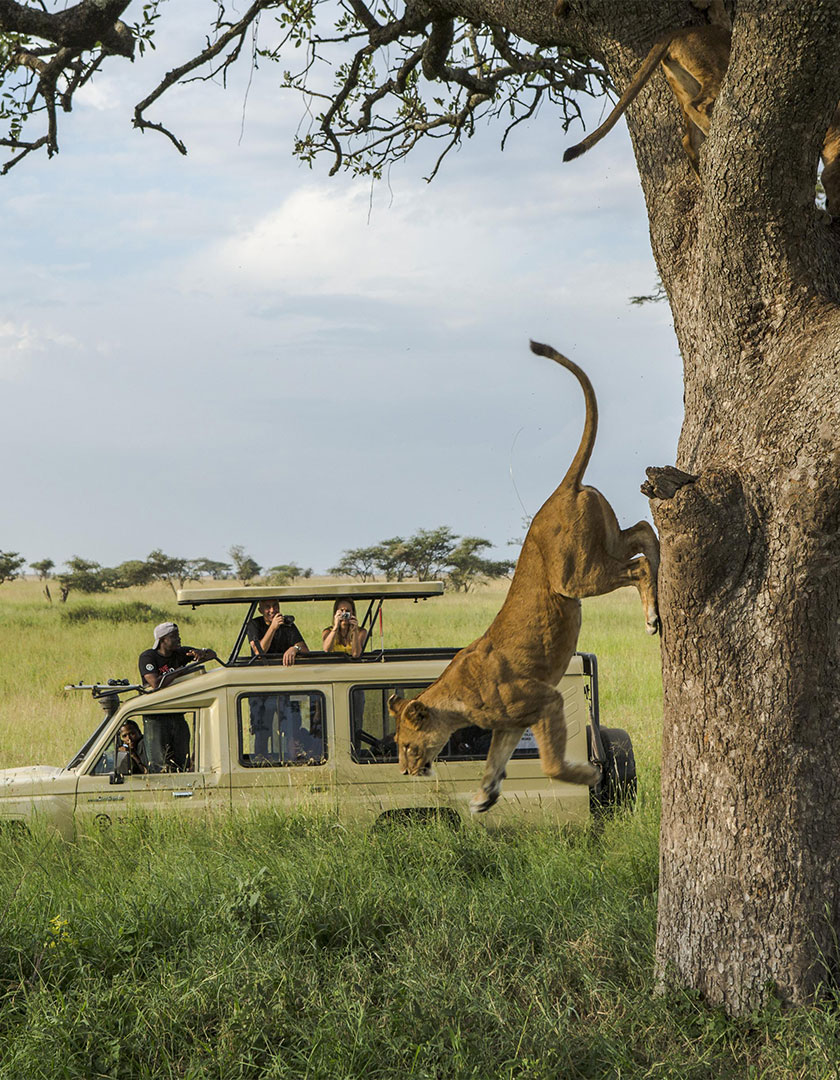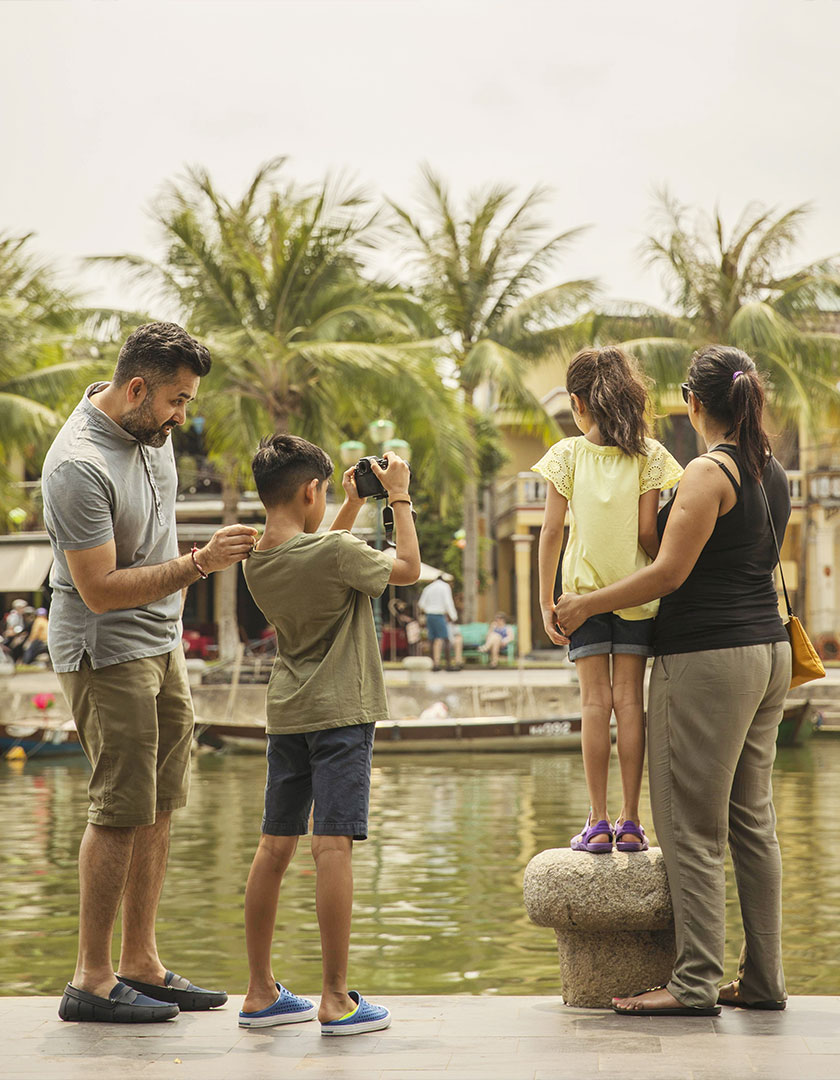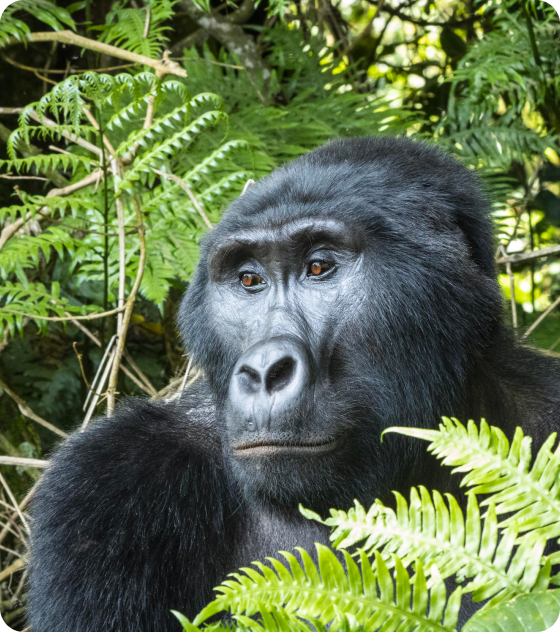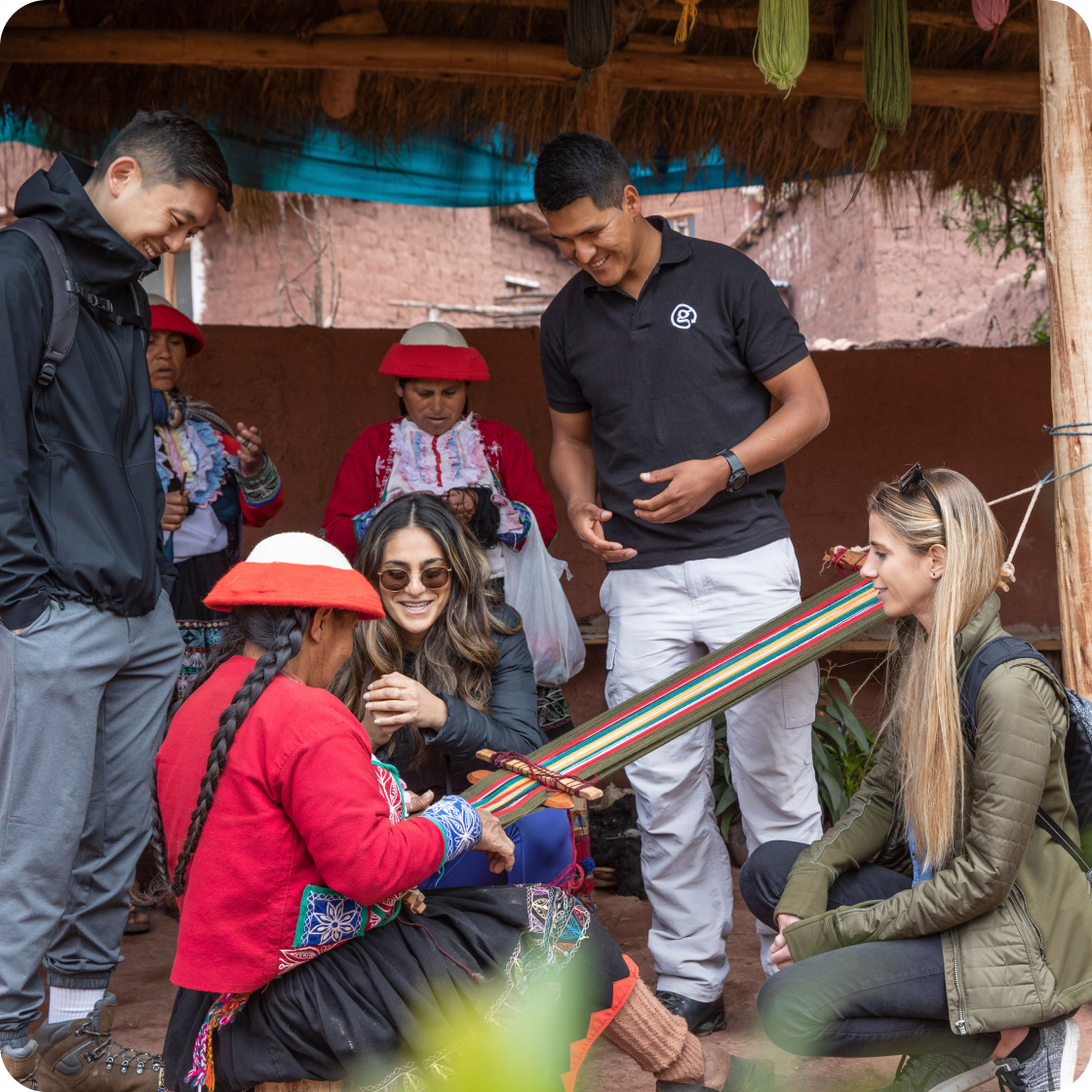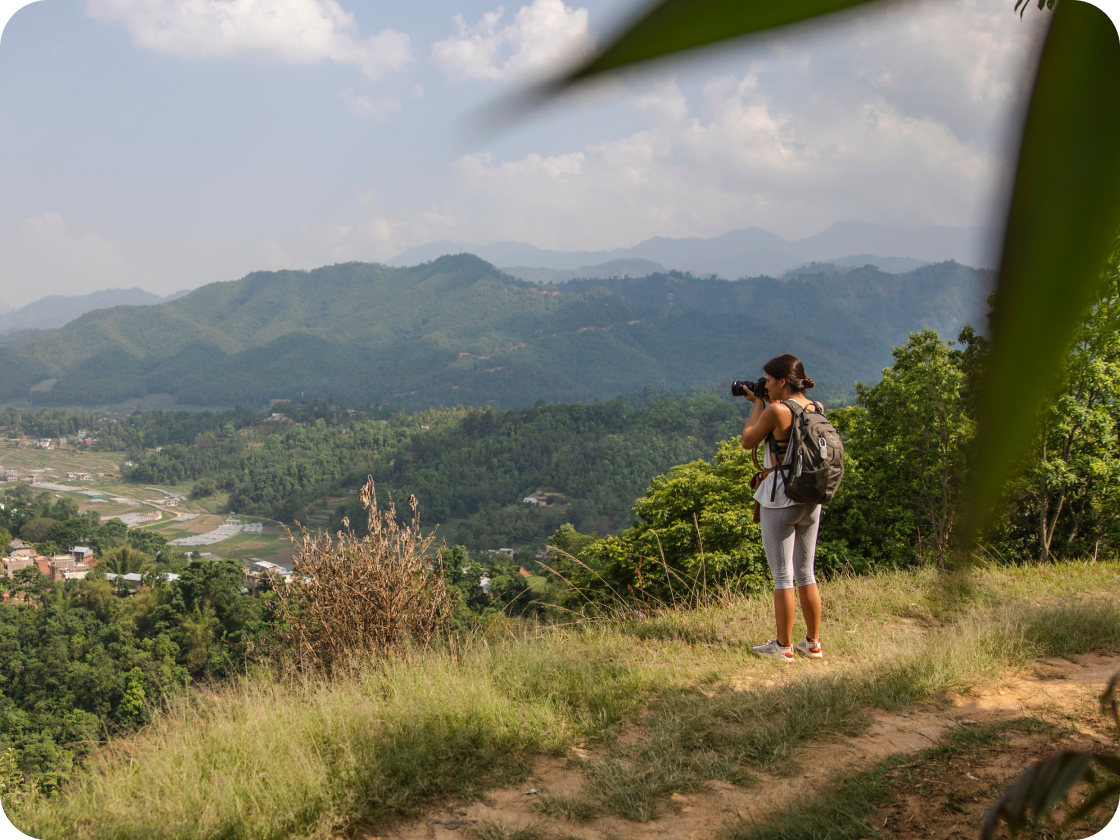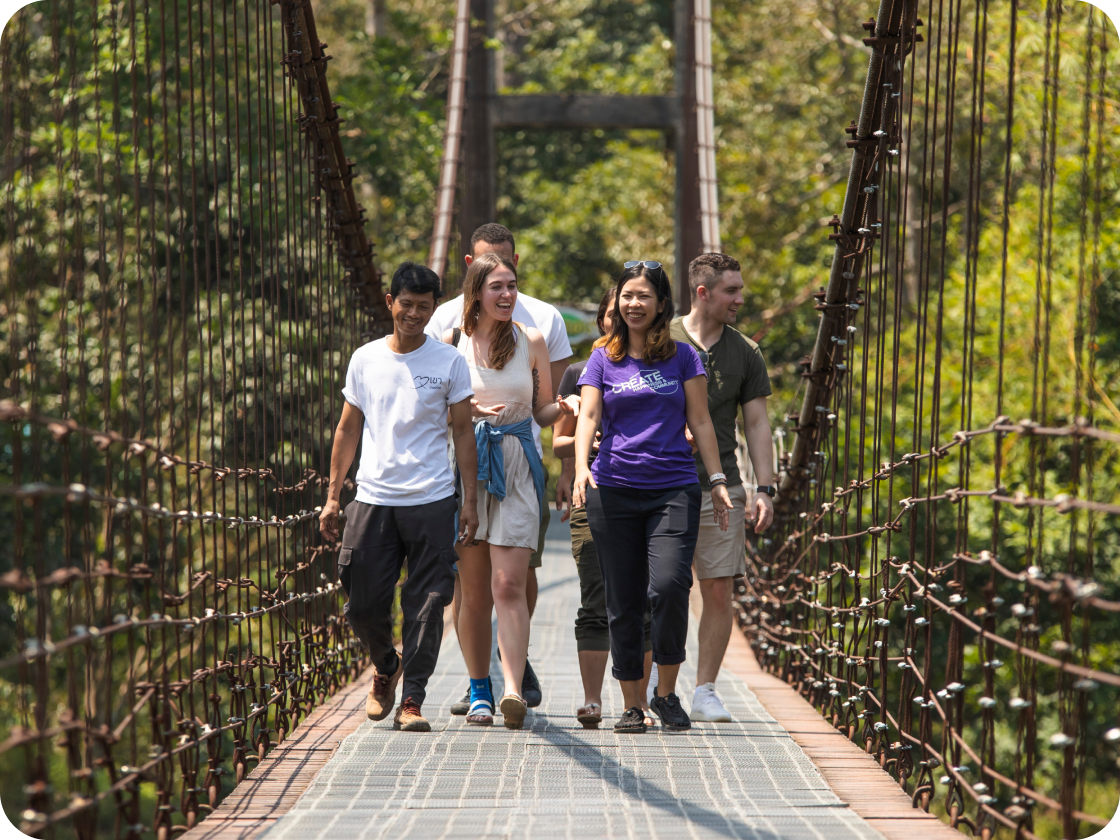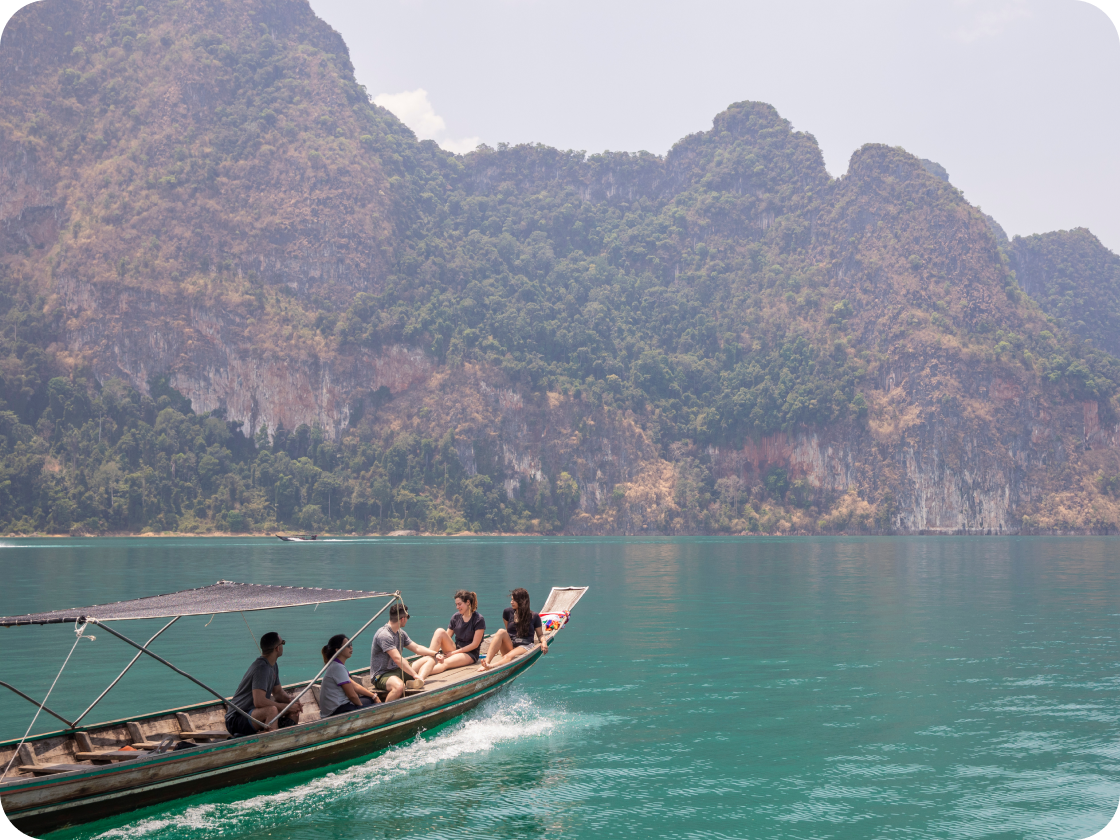
Is Kenya safe for travellers?
Explore this dynamic East African country with confidence by following our guide full of expert travel safety tips
If you’re considering a trip to Kenya, you’ve made a fantastic choice! Known as the Pride of Africa, Kenya is home to fascinating cultures and some of the best wildlife viewing opportunities in the world. Pair this with incredible landscapes and beaches, and you’ve got an extraordinary travel experience in the making. But is Kenya safe for travellers?
The answer is yes — if you take the right precautions. As with any destination, researching how to stay safe on your journey is just as important as planning that incredible safari adventure. To help make your trip memorable for all the right reasons, here are our experience-based answers to common Kenya safety questions.
Kenya safety: what tips to keep in mind?
Before you start packing your bags and daydreaming of the 'big five', there are some things to remember when thinking about Kenya safety tips — vaccinations, insurance that covers all the activities you plan on doing, and knowing what to look out for in terms of risk.
As a start, research the spots you’ll be visiting to determine your unique safety needs. Although most places are excellent for travellers, offering relative safety, great sights, and access to help when needed, some spots might come with an element of risk you should know about.
For invaluable insight and help planning your route, get in touch with a tour operator or Kenya specialist. It certainly makes things easier!
Do I need travel insurance for Kenya?
Maybe you’ve always wanted to camp under the savanna stars or spot lions lounging in the shade of an Acacia tree. Whatever dreams you’re looking to fulfill, ensuring you have Kenya travel insurance is a must!
That’s why we make it mandatory for all travellers to get travel medical insurance with a minimum of USD$200,000 including emergency evacuation and repatriation coverage.
Whether wildlife watching or visiting a remote but welcoming Masai cultural village, large medical facilities are often only accessible by air ambulance services — meaning, in the unlikely event something happens, having appropriate medical coverage is in your best interest.
Even though incidents with dangerous animals in Kenya are incredibly rare, simply twisting your ankle on uneven terrain could mean costly medical bills without insurance.
When selecting your insurance, find out about cancellation coverage — and while you’re at it, check what types of adventure activities are included in your policy — for example, hot air ballooning, watersports, or hiking in Kenya.

Kenya health care: how do I stay well?
Give yourself plenty of time to get your Kenya health care plan in order. Ensure all your vaccines are up-to-date (like Hepatitis A and B), and book an appointment with your local travel medical clinic. They can advise you on region-specific shots and medications.
Contracting malaria is a risk in Kenya, so you'll need to get a prescription for Malaria pills. Be sure to bring plenty of bug spray, and if you’re camping, use the bug nets for extra comfort at night. Although part of the pleasure of travelling is trying new foods, it's best to follow a few simple safety tips. Stick with busy establishments, eat well-cooked food, and avoid salads and fruits that don’t have a peel unless prepared with bottled water. If you’re with a tour group, ask for meal recommendations from your trip leader. Often, they’ll have excellent (and tasty) suggestions.
But how about drinks? Can you drink tap water in Kenya? Unfortunately, it isn't a good idea. Avoid drinks with ice cubes and brush your teeth with bottled or filtered water only. That said, hot coffee and tea are usually fine since they use boiled water — so go ahead and enjoy that morning cup.
Lastly, consider bringing along a prescription for traveller’s diarrhea. The only thing that should be in a mad dash is the migrating wildebeest — not you running to the washroom with an upset stomach!
Crime in Kenya: what should I know?
Whether you’re on a camping safari or exploring the beach towns of the Swahili Coast, there are plenty of safe and spectacular spots to enjoy. That said, crime in Kenya does happen — but typically, it doesn’t involve tourists.
In general, be aware of your surroundings and take care of your belongings. Petty theft (like pick-pocketing and bag snatching) does happen — especially in busy Kenyan cities.
When exploring, keep your personal items hidden out of sight and safely secured. Don't make it easy for an opportunist to take your stuff. Travel light, consider a concealable waist pouch, lock the zippers on your bags, and be extra vigilant at night. When it comes to cash, don’t carry too much at a time, and make sure you have a few small bills available while hiding the rest.
Use good judgment when it comes to wandering around areas you’re not familiar with, and never go off with someone you don't know.
Political upheaval, terrorism, and other unexpected events can happen but seldom occur in areas frequented by visitors. Get to know the places you'll be visiting ahead of time, and always refer to your home country's safety advisories.

LGBTQ+ in Kenya: how to stay safe?
Sometimes, when you travel, you may encounter laws and beliefs that go against your own. But as a traveller, it’s in your best interest to be aware of these differences so you can safely and confidently navigate the trip ahead. That said, it's currently illegal to identify as LGBTQ+ in Kenya.
Now, it's certainly not to say people from the LGBTQ+ community can’t travel to Kenya. They definitely can and do with no trouble at all but it’s important to know the rules for your well-being. As a whole, the tourism industry is very welcoming of people from all communities, making rooming arrangements and other plans with your partner a non-issue.
The main thing to keep in mind, however, is that Kenya is not big on public displays of affection — not just among LGBTQ+ couples, but heterosexual travellers too.
How can I solo travel in Kenya safely?
A country that prides itself on giving visitors remarkable experiences, Kenya is a popular choice for families, groups, and solo travellers.
But despite its popularity, is it safe to visit Kenya alone? In short, yes. Solo travel in Kenya is generally safe, but like visiting anywhere on your own, you’ll need to keep a few things in mind.
First, get to know your surroundings. Don’t go wandering off to unknown corners at night. After all, most crimes are opportunistic and happen when no one's there to witness them. If you’re unsure about the safety of exploring different places, stick to the more tourist-centric spots and steer clear of informal settlements. Research some well-known beach towns or upcountry villages — they can be safe alternatives to larger cities.
Taking a taxi? Check they’re registered, and ask for the rate before you hop in the car. Better yet, be sure the metre is turned on.
Is Kenya safe for solo female travellers?
When it comes to travelling independently as a woman, some destinations are safe and easy to navigate, whereas other places might raise questions, including Kenya. Generally speaking, Kenya can be safe for solo female travellers. But, you'll need to take extra precautions — like avoiding going about after dark alone.
Stay in well-lit areas frequented by other visitors, and don’t fall for scams like ‘the helpful guy showing you a shortcut to a great bar’. Trust your gut, stay aware, and stick with the flock. Try to skip areas where you might be alone — like obscure side streets or the beach after dark.
To limit unwanted attention, dress in simple, comfortable clothes that don’t stand out too much. And, if you find yourself in an uncomfortable interaction, do your best to navigate toward other nearby women.
For peace of mind, consider joining a tour group. That way, you can enjoy everything that makes Kenya spectacular with ease.










